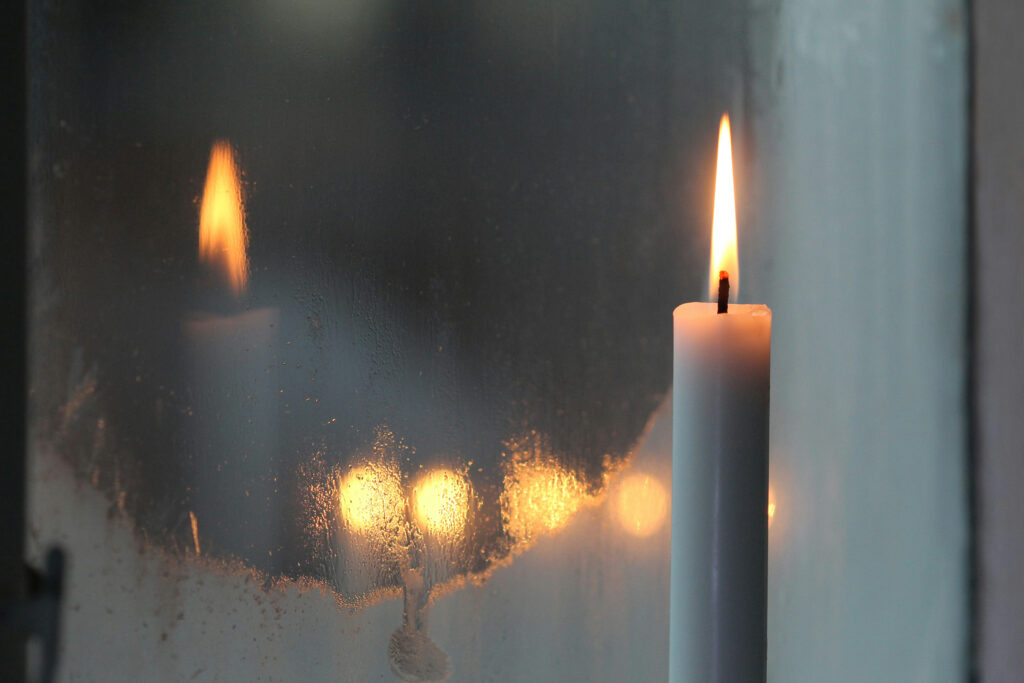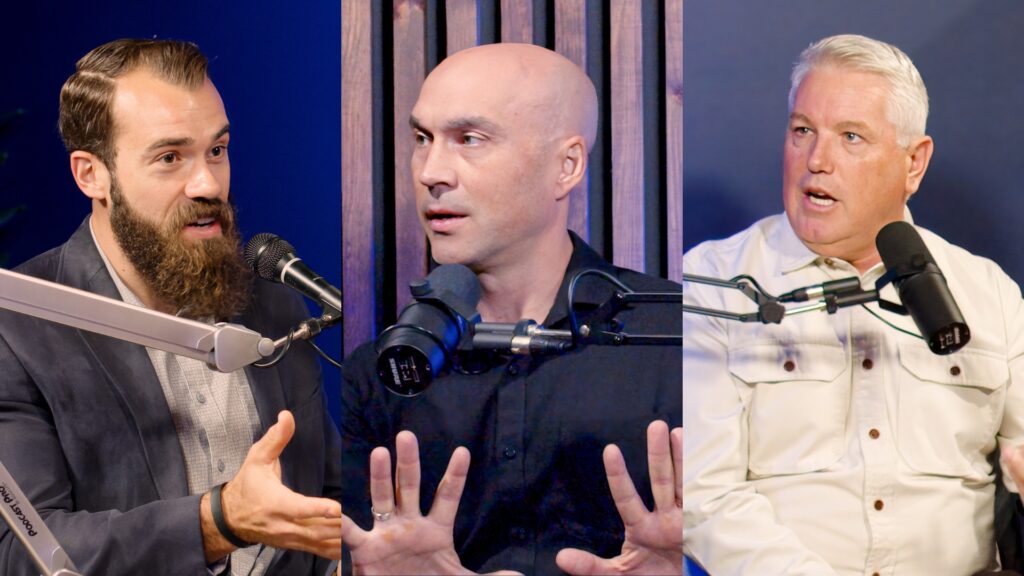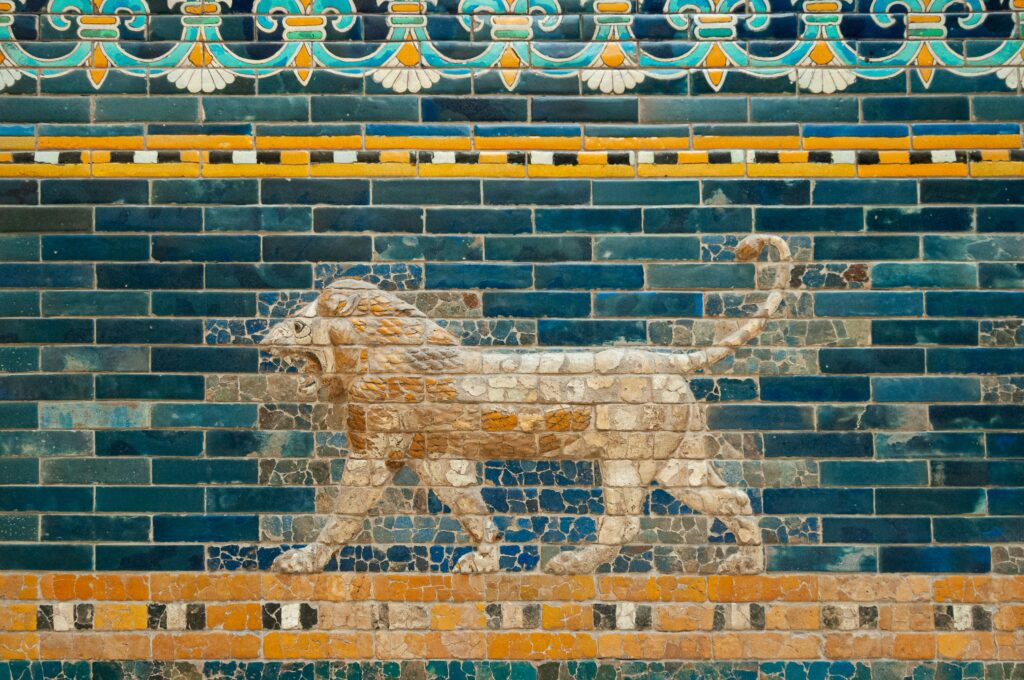The God of Israel was the author of the concept of “quarantine.”
When the children of Israel wandered the wilderness, he commanded the priests to perform triage over them. The resultant social distance was achieved by sequestering the contagious leper, those with skin diseases, and those afflicted with sexually transmitted diseases outside the camp (אל מחוץ למחנה). The waste parts and refuse of the sacrificed bulls were also burned there. The person who had a plague was declared unclean and commanded to dwell alone, outside the camp (Lev 13:46).
The separation maintained holiness and prioritization. All that was defiled went outside the camp. In our present lockdown with COVID-19, we suddenly are thrust into a similar reality. It’s incredibly uncomfortable, and some say the primary feeling we are experiencing is grief, both short and long term—grief for lost freedom as we wonder what will happen to our cities, countries, and our finances. How will governments be changed? How can we rally? How will it end? How can this global limitation become an augmentation in another way?
Jesus’ work on the cross puts this quarantine thing into a new light. Those who are alienated, under reproach would feel the pain of isolation spiritually. By application to our present circumstances with COVID-19, and like the children of Israel, our cities, our sense of stability and infrastructure becomes ineffectual. As the above verse points out, we have no continuing city, and see the one to come in eternity.
What does embracing the quarantine look like practically? For now, it means getting our lives in order, organizing our household for the next shift that is coming. Like the farmer in winter season repairs his machinery, takes inventory, and cleans out his old stuff, so should we prepare.
And what is the reproach? Again, by application, a certain level of separation and sin is involved. May each of us ask God for pardon and for mercy for the part we are playing in this world. It is a preparation for the scene of God’s future judgement, which begins in his own household.
So where is peace now? I believe that the answer is to actively embrace the quarantine with all of our hearts, and metaphorically go to Jesus outside the camp. In that sense, we are not alone. He understands and has been there. That doesn’t mean that it’s not painful. We are flesh and blood. It seems daunting to imagine what might be coming. But like the children of Israel, while painting the blood on our doorposts against the pestilence in our midst, we might be called upon to lift our tent pegs, and change how we live. We can adapt to a new reality without any answers at the moment.
So let’s embrace Jesus there outside the camp, alone in our quarantine with him. He knows what it means to be alone. Also, he is our dwelling place, so with him, we will be okay.





